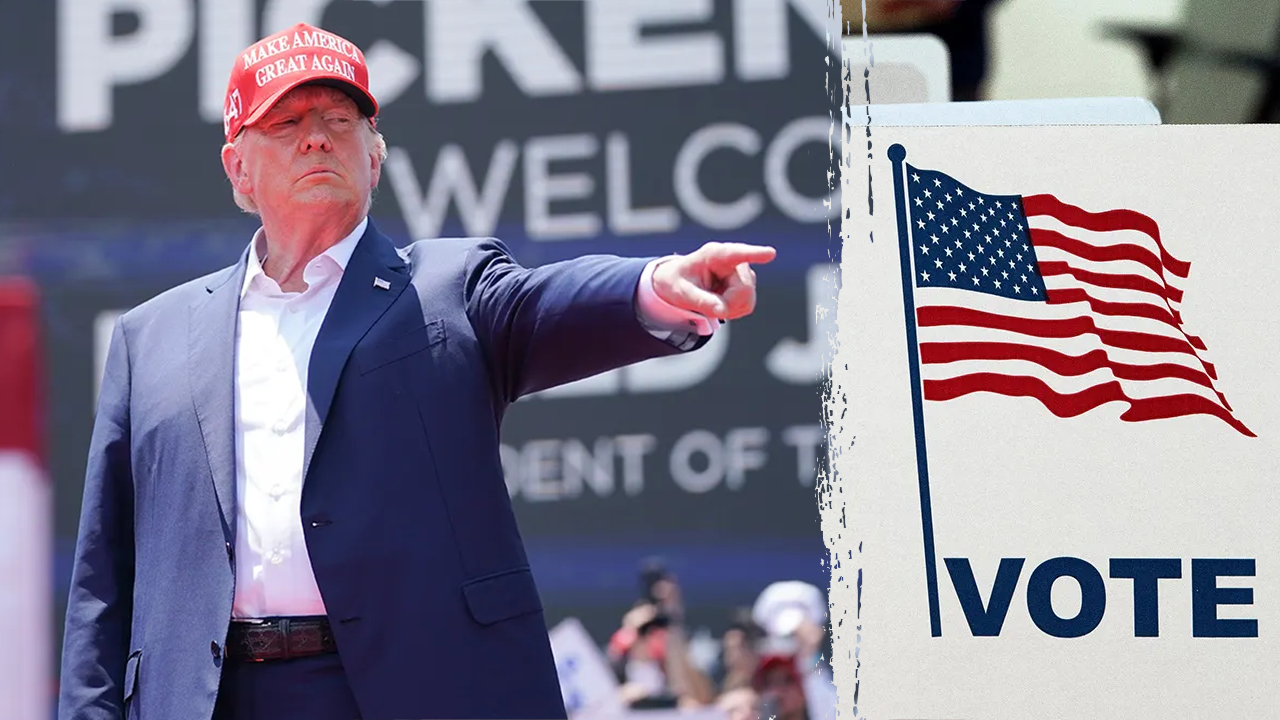
SAVE Act Ignites Debate Over Citizenship, Voting Rights, and Election Integrity
Right now, there’s a lot of buzz in Washington—and across the country—about the SAVE Act, or the Safeguard American Voter Eligibility Act. It’s a bill that’s stirring up serious debate. On the surface, it's all about ensuring that only American citizens can vote in federal elections. Sounds straightforward, right? But beneath that headline, there’s a lot more to unpack.
So here’s what’s happening. The House of Representatives just passed the SAVE Act, with Republicans pushing it through and nearly every Democrat voting against it. The bill, which has strong backing from former President Donald Trump, now heads to the Senate. If it makes it through, it’ll require voters to present proof of citizenship—like a birth certificate or passport—in person before they can register to vote in federal elections. It also aims to remove noncitizens from current voter rolls.
Now, here’s where it gets interesting. According to recent polls, a huge majority of Americans—over 80%—support requiring photo ID and proof of citizenship to vote. That kind of bipartisan support among voters is rare these days. Yet, despite that, Democrats in the House pushed back hard on this bill. Why? Many argue that noncitizen voting is already illegal and incredibly rare. They say the bill is a solution in search of a problem and could end up doing more harm than good.
Also Read:- Tensions Rise as Chelsea Head to Warsaw for High-Stakes Conference League Clash
- Justin Thomas Brings Joe Greiner On Board for Masters Caddie Role
Critics of the bill, including many voting rights groups, point out that the requirements could make it harder for millions of eligible voters to cast a ballot. Think of married women who’ve changed their last name, or individuals who’ve updated their identity documents. Reports estimate that over 69 million American women and 4 million men have documentation that doesn’t match their current legal name—creating potential roadblocks under this new legislation.
Supporters, on the other hand, argue that after years of rising concern about election integrity, the SAVE Act is a much-needed measure to protect the democratic process. Republican leaders say this bill is about restoring faith in elections and responding to the will of the American people. "There’s nothing controversial about saying only citizens should vote," said Rep. Chip Roy, one of the bill’s champions.
But Democrats see it differently. They argue that this legislation, paired with Trump’s recent executive orders on voting, could create unnecessary burdens and discourage people from participating in elections altogether. They also point out that past legal attempts to require similar citizenship proof have often failed in court—or been outright blocked by the Department of Justice.
The political divide is clear. One side views the SAVE Act as an essential guardrail for democracy, the other as an obstacle to it. What happens next depends on the Senate, where at least 60 votes are needed to move the bill forward. Whether it becomes law or not, one thing is for sure: the debate over voter eligibility, election security, and the role of government in regulating voting will continue to heat up in the months ahead.
And with the next election cycle just around the corner, this could be a defining issue—for both parties and for voters across the country.
Read More:

0 Comments